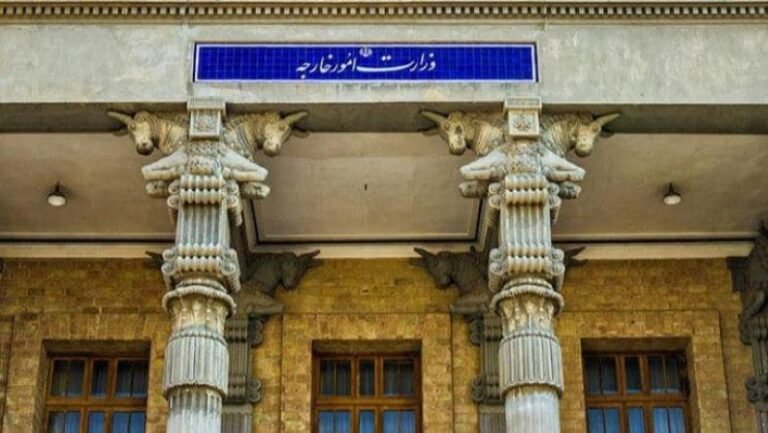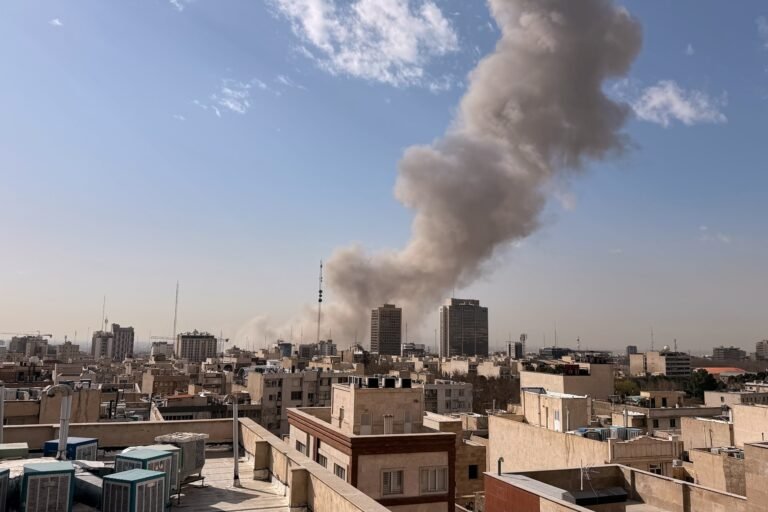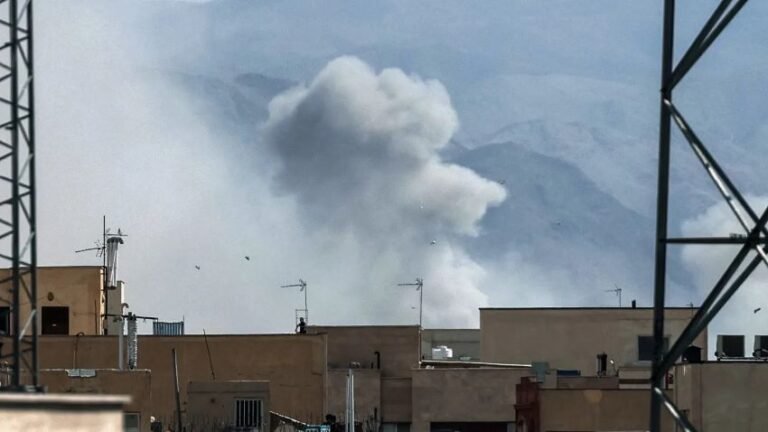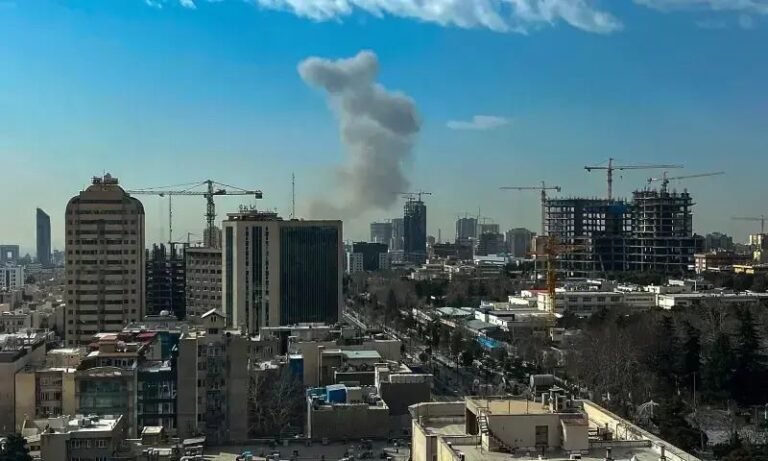It was not surprising that my heart was captured from the first moment I entered Kazakhstan; I did not feel at all like I was a stranger, except for that welcoming smile that means you are between family members in the land of divine love and the magical nature.
These beautiful smiles knew I would fall in love with this land, its people, and its heritage much sooner than I may even realize.
As I started my journey to the path of divine love, I was eager to discover and find out the secret of where Al-Yassawi remained until he died, and when I arrived there, I realized the reason.
” I wrote ‘The Second Book’ that you remember,
My soul begs you read to your heart’s content,
I pray it brings you close to the Lord,
Merciful Master, pleading I come to you, Yes I. “Sheikh Khoja Ahmed Yassawi

As you listen to those recurring tunes of that tambourine, as the name of the great Creator is glorified and praised, it takes a moment for you to surrender your heart fully to the sound and let your feelings out with those spiritual meanings embedded in its words. This transcends the human aspect of your soul to take you away from your humanity into the space of divine love, which is not limited to the limitations of time or place.
The city of Yasi, known today as South Turkestan is located in the Kazakh south, near the Syr Darya River. In addition to its long history, the site has also been known as Yassay and Hazrat at various times. As the burial site of the Sufi Sheikh Khoja Ahmed Yassawi, it is considered a sacred destination for Muslim visitors and an important centre of Islamic learning. In addition to numerous historical and architectural sites of interest, it was ruled by the Chinese Han dynasty and Tamerlane.
When you wander in Kazakhstan, your heart is captured by its spiritual feel. It feels as if you are crossing an earthly portal to heaven, and one can sense that this blessed land is destined to remain a spiritual beacon that has preserved a solid Islamic culture among its routes and wrinkles of the faces of its elderly. It is a building that has evolved between its alleys, and it was firmly established in its corners, and it never left, as its Sheikh Al Yasawi chose to do.
On the bath of divine love
The path of those who walk for divine love in Asia wasn’t empty of ascetics before imam Ahmad al-Yasawi. It was always full of lovers seeking divine love, regardless of their philosophy, their steps, and their paths to reach that love.
At the same time that others were demonstrating his first steps in this direction, this great hermit had begun his quest in this direction, and he was faster and much brighter, wishing to reach the stages of absence from the ground of reality to the land of love.
The hermit Imam Ahmad al-Yasawi, was born in 1093 in the city of Isvijab in Turkestan, present-day Republic of Kazakhstan. He was the first mystic poet to write in the local dialect.
Ibrahim Ibn Mahmoud Ibn Elias was Al-Yasawi’s father, and he was a famous sheikh in Esvijab (currently Sayram in Kazakhstan), where he was born. Throughout his life, Ibrahim Ibn Mahmud was known for his righteousness, and people from all over Central Asia flocked to him in veneration.
His full name is Imam Ahmad bin Ibrahim bin Elias Al-Yasawi Al-Alawi Al-Hanafi, who descends from Muhammad bin Al-Hanafiya bin Al-Imam Ali bin Abi Talib.
He was educated in great schools and was well versed in both the religious and Islamic legal sciences, in addition to mysticism. As for his guide, he is Sheikh Imam Abu Yaqub Yusuf al-Hamdani, one of the Hanafi Sufi scholars.
Despite the fact that he never visited Anatolia, Imam al-Yasawi was well-known and respected there. He had a significant impact on Anatolian Sufi currents and Anatolian schools, as well as Imam Jalal al-Din al-Rumi, Haji Bektaş Wali, and Sayyid Muhammad ibn Ibrahim Atta’s expertise.
Imam Ahmad al-Yasawi’s influence extended from Anatolia to many Turkish Sufis in Central Asia, who called him “Bir,” which means Sheikh of the Way. His lifetime was divided into sections for remembrance and worship, as well as sections for teaching his students and creating wooden spoons, which was his way of living.
Path of love brings hermits together.
Several great hermits met in the Yasawiya Tekkeh in Turkestan (present-day Kazakhstan), one of them was the Tekkeh’s Sheikh, and many others wandering hermits seeking enlightenment.
They harmonized and unified their paths, so that each took from the knowledge of the other and united their love for God, so that they both prayed to God, praised Him, and glorified Him.
However, most of them departed to transmit their knowledge and gain more enlightenment from the world, while Tekkeh’s sheikh remained, and his wisdom, knowledge, and enlightenment were communicated from his place to the world. Even if their paths diverge, those who tread the road of divine love arrive at the same destination.

Imam al-Yasawi says
Though the body is under the dirt, the soul remains, for the guardian’s soul is capable of varying dispositions in this world. They are those who act during life and after death.
You cannot use the language, “This is dead, he is dead.” How can you deal with it?” “Don’t associate yourself with such heinous behaviours as denial and materialism! …Don’t think like that!
In the same way that the soul is like a severing sword of God, the skin is like its sheath. As the soul enters the skin, it becomes like a sword in a sheath… “
When a sword is deprived of its sheath, it performs better. Instead of being unable to cut this cord while it is still in the sheath, it is cut after it has been purged. Because of the scourge of fame in their lives, which is contrary to humility, the saints do not show their perfection, but rather admit their inability.
Kazakhstan is the cradle of divine love in Asia.
Even more beautiful than Al-Yasawi’s words is the beauty of the land where he lived, adored, died, and was buried. We can’t be certain that the beauty of this enchanting country was influenced by the immortal words of divine love, or that the words of divine love that were made there were enhanced by this country’s beauty.
It is a reflection of the sky and a gateway to the heavens, a natural feature with a long history and a great nation.
Throughout history, Kazakhstan’s uniqueness has added a new flavor to the mixture of cultures that have settled on this great land. As a result of Kazakh fingerprints, these cultures were enhanced far beyond what the original creators ever imagined, and a unique legacy has been created.

Kazakhstan is the ninth-largest country and a landlocked country in the world. It is known for its booming oil and gas industry and a wealth of natural resources.
Kazakhstan also shares borders with Europe and Asia, as well as with Russia, China, Kyrgyzstan, and Uzbekistan. A Kazakhstan tour allows travelers to explore vast swathes of untouched beautiful land, deserts, and mountains.
Nur-Sultan (formerly Astana), Kazakhstan’s capital city, is situated in the north of the country and has an intriguing mix of ultramodern, Islamic, and Soviet architecture, making it a great place to begin any holiday in Kazakhstan.
With its leafy parks, classic architecture, and cosmopolitan air, Almaty, the country’s largest city and former capital, has a distinctively different vibe. The Kazak people are very diverse in terms of their ethnicity and language, with Kazakh and Russian being widely spoken.
There is a large Muslim population in the country, so you can expect to see beautiful Islamic architecture everywhere. There is complete religious freedom guaranteed for all.
Due to Kazakhstan’s vast economy, tourists can expect excellent accommodations, restaurants, and cultural attractions compared to other Central Asian nations.
As a result of its desert climate, the winters are short and cold, while the summers are long and hot. It is best to visit Kazakhstan in April and May (spring) and September to November (fall). The climate in Kazakhstan is very continental. The south has a warmer climate, and the north has a colder climate.
Travel to Kazakhstan is best during the spring or autumn, and September is the best month for cross-country travel.
Throughout history, Kazakh culture has been influenced by many influences. Kazakhstan has a diverse and rich culture influenced by both traditional values as well as contemporary influences from neighboring regions.
Some people still live in yurts in some parts of the country, as their ancestors did. Islam is an important part of Kazakh culture. Founded in the 7th century, Islam is the country’s largest religion. A visit to Turkestan, located in the south of Kazakhstan, is not complete without seeing the Mausoleum of Khoja Ahmed Yasawi.
Regardless of your interests, you will find what makes you happy in Kazakhstan. Those are the qualities of the place that were shaped by time’s experience. The hospitality of the people of Kazakhstan is one of its distinguishing characteristics.
Kazakhstan’s tourism potential is very strong in all aspects. It’s much more than wonderful natural wonders. Everything from the museums and urban culture to the cuisine and restaurants is unique.
Those looking for contemporary hotels, markets, and shopping malls will not feel alienated. Kazakhstan is an economically prosperous nation, and its capital is no less advanced than most capitals around the world.
Discover how it captivated the world.
This place will amaze you with its beauty, tradition, diversity, and impressiveness.
You will never forget this trip!















